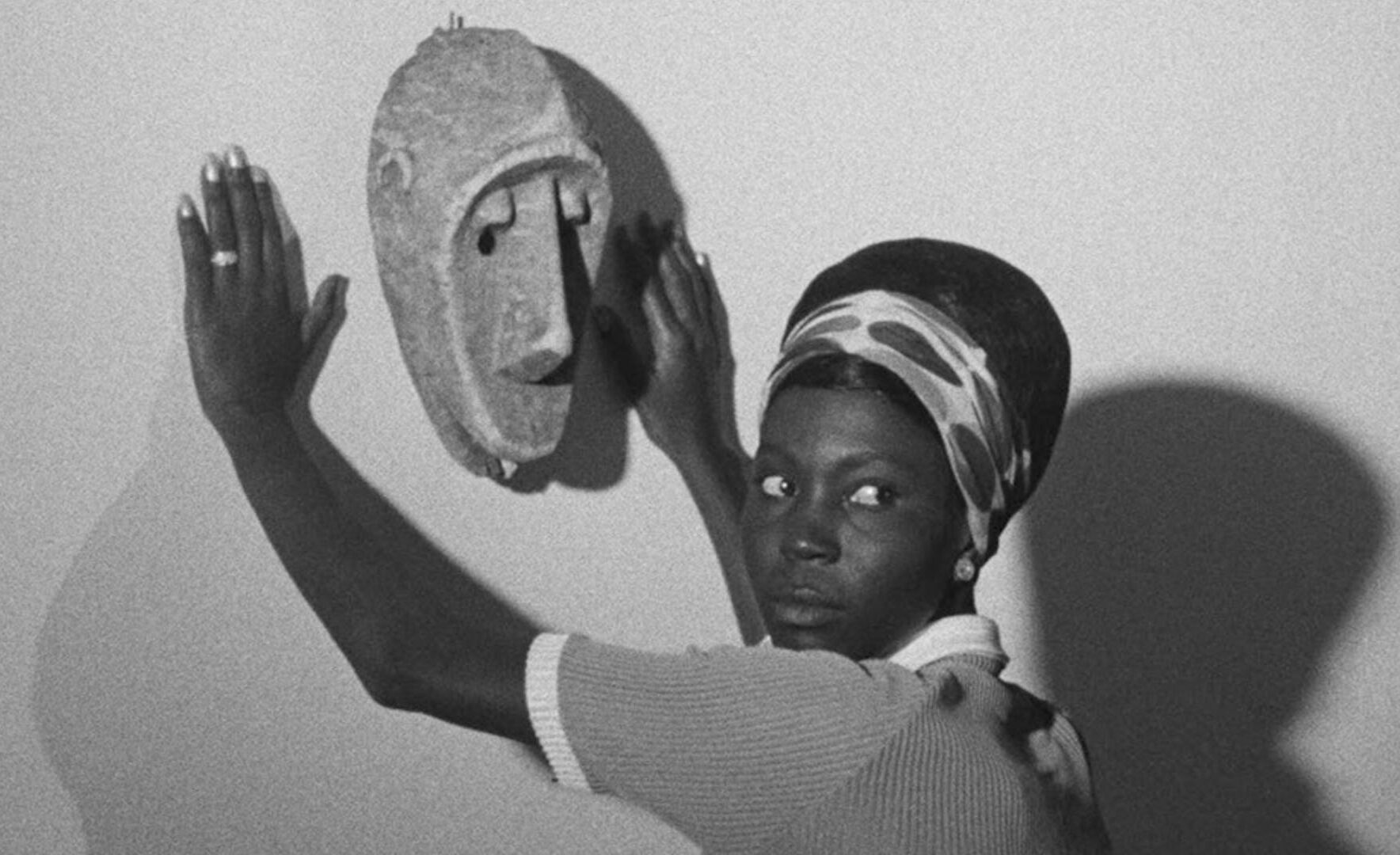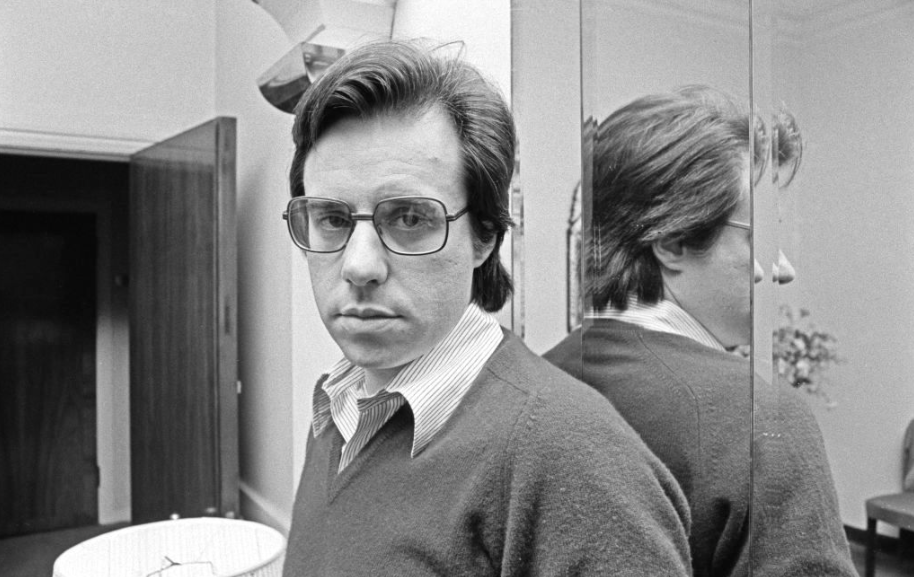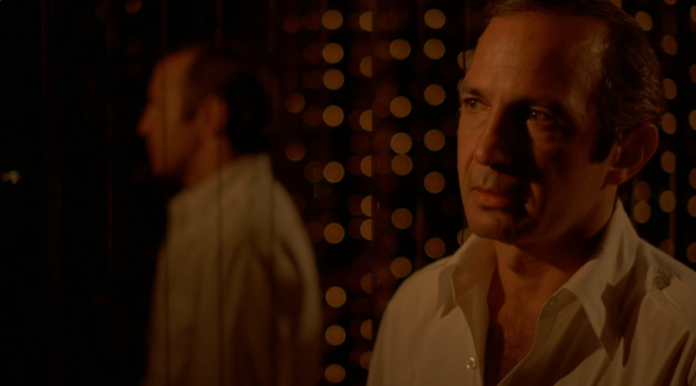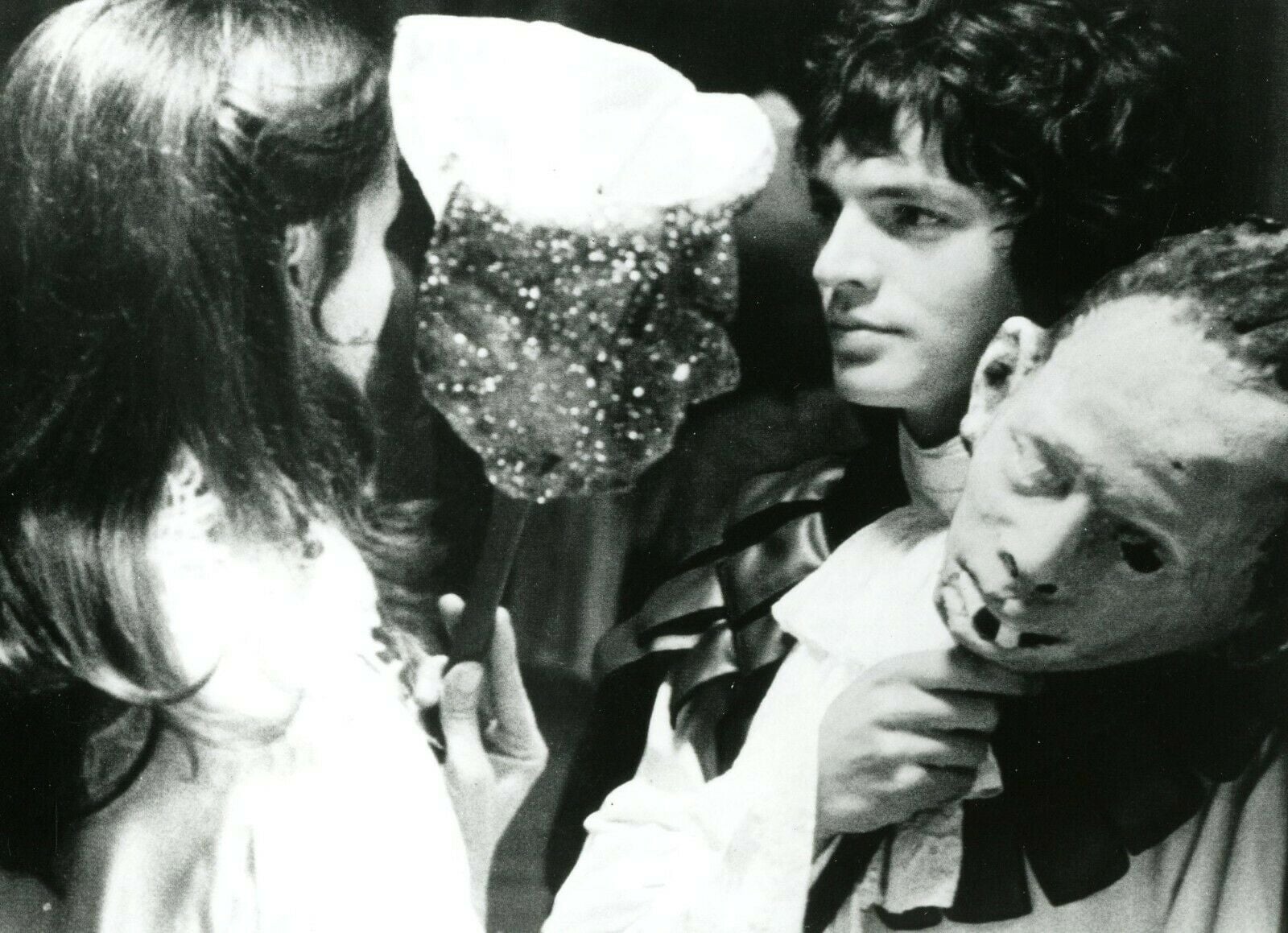Su Here di Robert Zemeckis / Gino Frezza

Editorial
To read what has never been written, to put the institution back in motion, to subtract tradition from conformism – as Benjamin suggested – has always been the vocation of this journal. As Michel Serres would say: write texts of which you are not the author. To think of a new subjectivity (agency) that invades the human and nonhuman, and also, why not, starting from the old querelle about authorship/discourse, or signature/system. Is Lang an author? And Walsh isn’t? It’s obvious that we are beyond all this.






